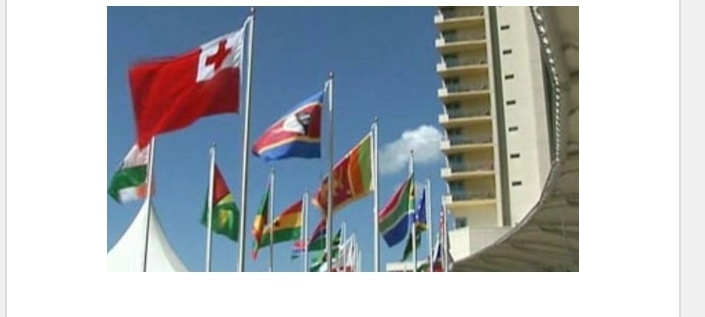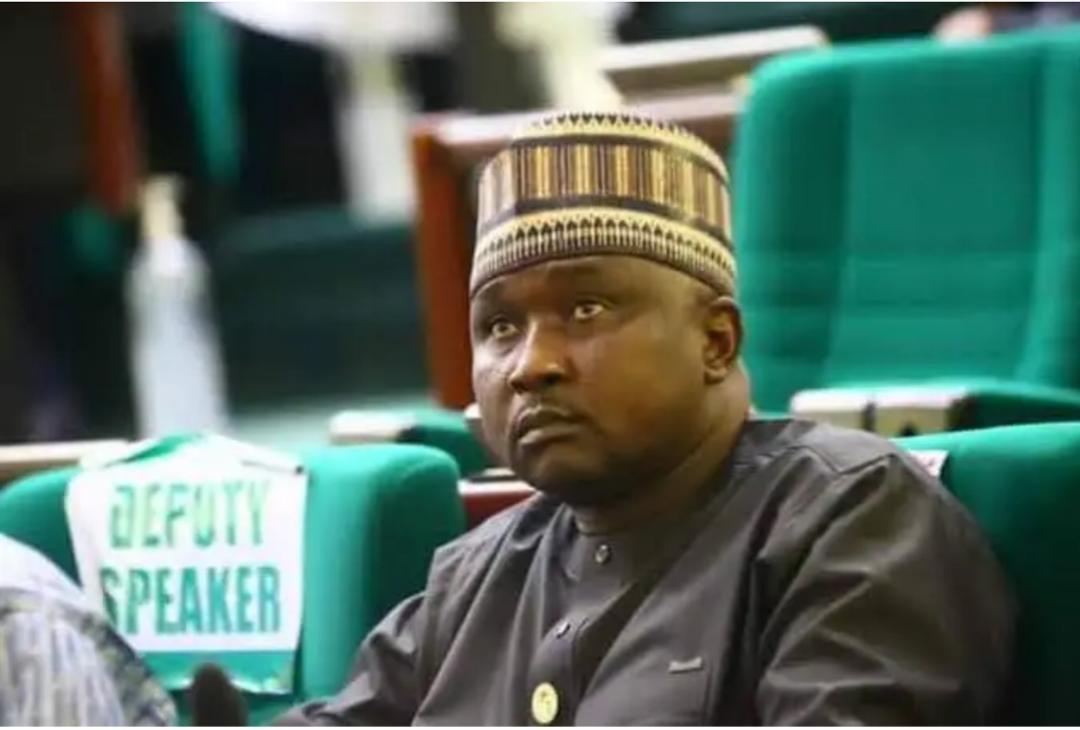
Rwanda on Sunday has announced that it has become a member of the Commonwealth, becoming its 54th member and only the second never to have been under British rule.
This becoming only the second nation which was not once part of the British empire to join the bloc.
A Rwandan government spokeswoman in Kigali told a national newspaper Sunday that its bid for membership had been accepted at the organisation’s summit in Trinidad and Tobago.
“My government sees this accession as recognition of the tremendous progress this country has made in the last 15 years,” said Information Minister Louise Mushikiwabo, quoted by the online edition of the Rwandan daily New Times.
“Rwandans are ready to seize economic, political, cultural and other opportunities offered by the Commonwealth network,” she added.
A former colony of Germany and then Belgium, Rwanda like Mozambique becomes a Commonwealth member without a British colonial past or any constitutional link to Britain.
However, the central African nation has moved closer towards the English-speaking world over the past few years. Rwanda adopted English as an official language in 2008 alongside French and Kinyarwanda, and last year English replaced French as the language taught in public schools.
In 2007 Rwanda, along with francophone Burundi, joined the East African Community, an economic bloc which until then had included only the anglophone countries of Kenya, Uganda and Tanzania.
These moves by Rwanda came as ties with France deteriorated.
Kigali suspended diplomatic relations with Paris in 2006 when a French judge issued arrest warrants for aides close to Rwandan President Paul Kagame. The court accused them of being involved in the assassination of former president Juvenal Habyarimana in 1994.
Habyarimana’s death is blamed for sparking the country’s 1994 genocide where 800,000 people, most of them Tutsis, lost their lives in inter-ethnic fighting led by Hutu militants.
Rwanda has also accused France of providing support to the Hutus throughout the conflict.
The candidacy of Rwanda, a central African country of less than nine million people, had the support of several influential members of the Commonwealth, but was opposed by a human rights group.
The Commonwealth Human Rights Initiative said in a report in July that “the state of governance and human rights in Rwanda does not satisfy Commonwealth standards.”
It raised concerns about constraints on freedom of speech and political expression in Rwanda, which “created a climate of fear in civil society,” and concluded that Rwanda did not qualify for admission to the Commonwealth.
However, some Commonwealth members like Canada argued that admission would help alleviate those concerns.
“The Commonwealth is well positioned to assist Rwanda in strengthening its democratic institutions,” a spokesman for the Canadian foreign ministry told AFP.









Leave a Reply